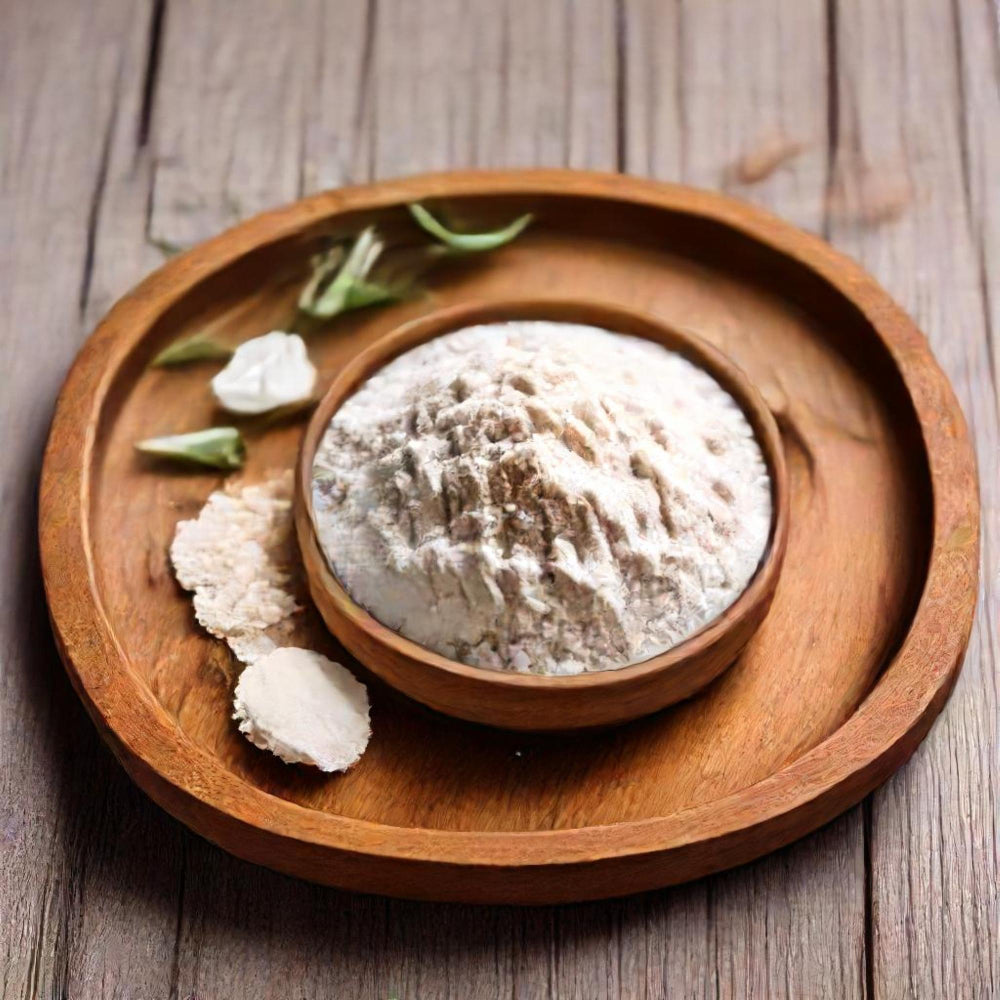Locust Bean Gum: Benefits, Risks and Uses


Locust bean gum, or carob gum, is a natural polysaccharide and the seeds are found on the carob tree. It is a versatile compound in the food and pharmaceutical sectors because of its thickening and stabilizing capabilities. Locust bean gum finds application in various aspects such as improving dairy products’ texture to being a functional ingredient in drugs among others. Nevertheless, locust bean gum just like any other food additive has its benefits and potential risks. Multi-faceted uses of locust bean gum are explored in this article, as well as health benefits that it has; also, it looks at what needs to be considered before consuming it.
The benefits of locust bean gum include its use as a thickening agent in food products, its potential to promote gut health as a prebiotic, and its ability to help regulate blood sugar levels. Carob seed contains locust-bean-gum, also known as Carob Gum. This substance has been looked into from a medical perspective and dieting point of view. According to Dr. Andrew Johnson, an expert in nutrition, “Locust Bean Gum is commonly used within the food industry because it helps thicken and stabilize food products like dairy products and sauces.” This type of chewing material has galactomannans that falls under the category of prebiotic type polysaccharides which help in digestive system maintenance through acting as prebiotics to be precise (Biedermann et al., 2013). Prebiotics support growth of friendly bacteria in intestines thereby improving overall gastrointestinal functionality.
The worth of this gum goes beyond the digestive system. According to a study published in Journal of Food Science and Technology, locust bean gum can be used as an agent to help regulate blood sugar levels by slowing down the rate of glucose absorption. This benefit can therefore be useful for diabetics who are managing their condition. Another advantage with regard to locust bean gum is that it has low calorie content and a neutral taste making it ideal for diverse dietary preferences and restrictions such as gluten-free feeding.
Despite potential benefits, locust bean gum has some disadvantages. “Locust bean gum is generally safe for consumption, but too much may lead to gastrointestinal problems like bloating, gas and even diarrhoea in those who have sensitivities,” warns Dr Emily Carter, a nutritionist”. Sometimes the high quantities of fibre contained in it become difficult for the digestive system to process.
Very little chance of getting allergies from locust beans. People suffering from legume allergies such as peanuts or soy should be careful when using products containing this substance.” The European Food Safety Authority report further observed that although allergy connected with locust bean gum is rare but possible leading to skin rashes or respiratory difficulties or gastrointestinal upsets
Locust bean gum is extensively used in the food industry due to its thickening and stabilising properties. The ingredient is found in dairy products like ice creams, yoghurts, and cheese, as it improves their texture and consistency. Dr Helen Davies, a food scientist, explains: "The peculiarity in the gelling ability of locust bean gum makes it of extraordinary value during the processing of dairy alternatives by providing a plant-based solution with no compromise on texture."
Other than the food industries, locust bean gum finds its way into various pharmaceutical and cosmetic applications. On the one hand, it is used as an excipient in tablet formulations, helping in controlling the release of active ingredients from such dosage forms. On the other hand, in cosmetics, locust bean gum functions both as a thickener and as a stabilizer in creams and lotions, providing nice feel to the product and good spread while applied.
Though locust bean gum confers many advantages, mainly relating to food and pharmaceutical applications, it is a substance whose usage must be approached with caution. There is, therefore, a need to understand its properties and effects, so that consumers are better placed to make informed decisions and harness their full benefits. Continue to buy Locust Bean Gum online.
Locust bean gum acts in foods as a thickening and stabilising agent. In the body, it can aid digestion by acting as a prebiotic—thereby promoting the growth of beneficial gut bacteria. It might also regulate your blood sugar levels by slowing down the absorption of sugar from your gut into your bloodstream.
No, locust bean gum does not contain any part of the locust insect. Locust bean gum is processed from the seeds of the carob tree, scientifically known as Ceratonia siliqua.
No, locust bean gum and xanthan gum are not the same thing. Both are used as thickeners and stabilizers of food products; however, their origins are quite different, as are their distinct chemical properties. Locust bean gum is extracted from a plant—more specifically, the carob tree—while xanthan gum is created by the fermentation of sugars by the bacterium Xanthomonas campestris.
Locust bean gum has some characteristic working properties that make it a very valuable additive to many industries. Amongst its benefits are the improvement of gut health and probable blood sugar regulation. Just like every other food component, though, one needs to know the risks associated with consuming it: gastrointestinal uneasiness and possible allergic reactions. Just like any other component of diet, it is moderation and awareness of person to person. By knowing the properties and effects of locust bean gum, consumers and the industrial professionals can hence make such decisions to optimize its benefits while minimizing the possible adverse effects.










Plus get the inside scoop on our latest content and updates in our monthly newsletter.